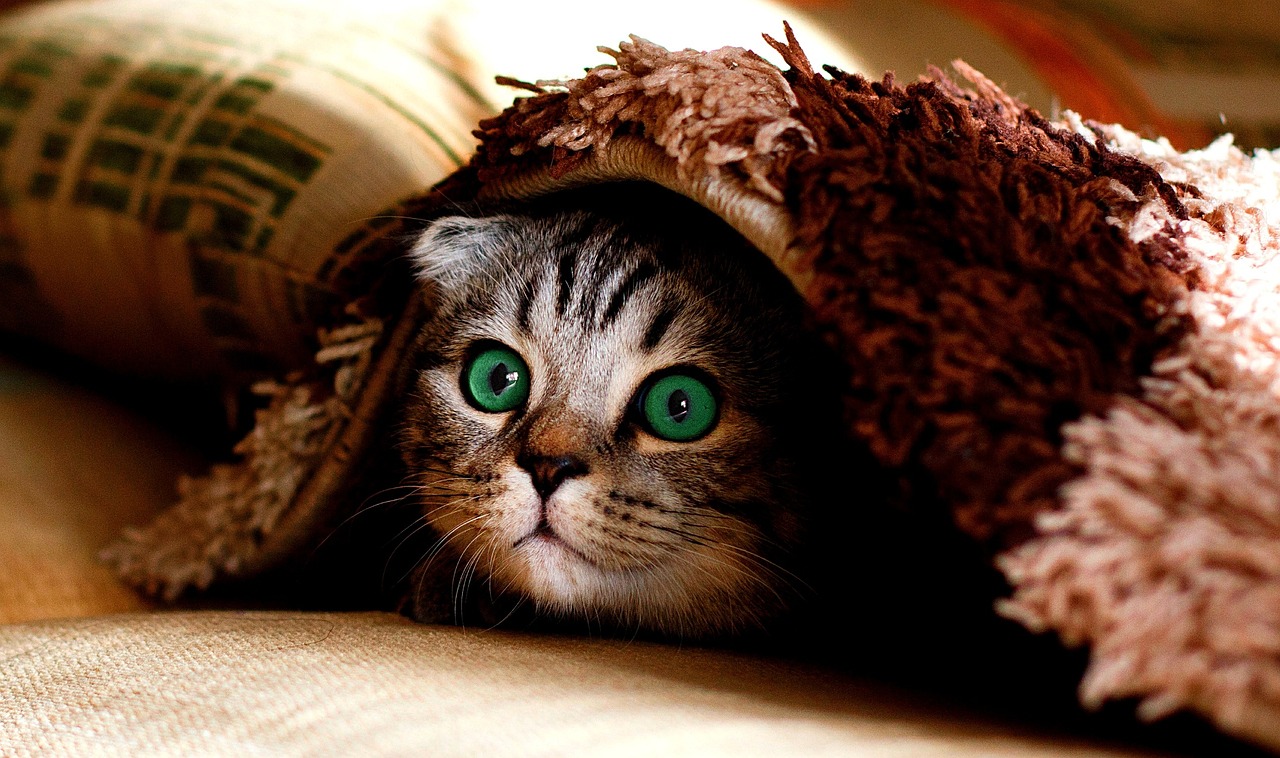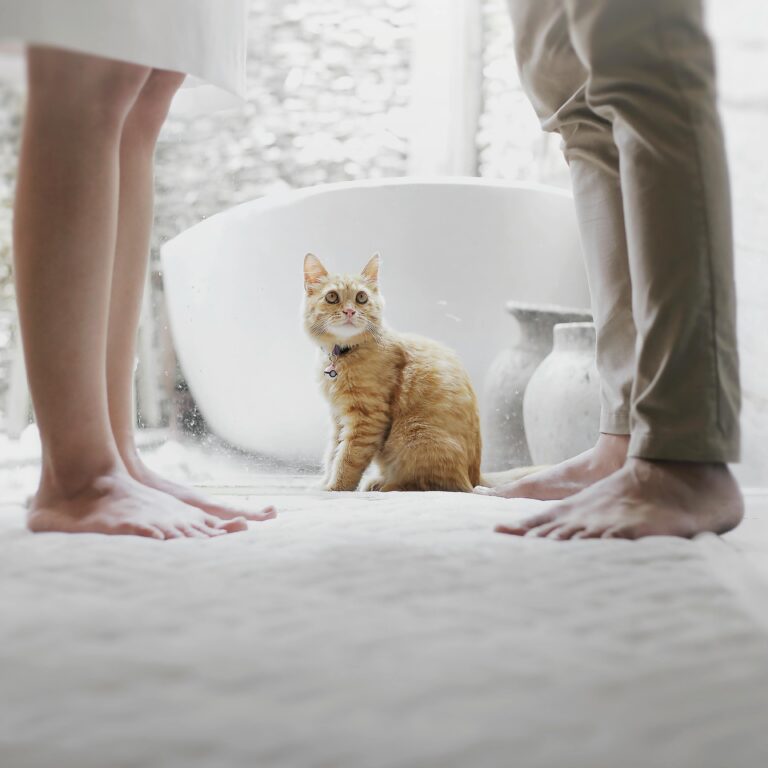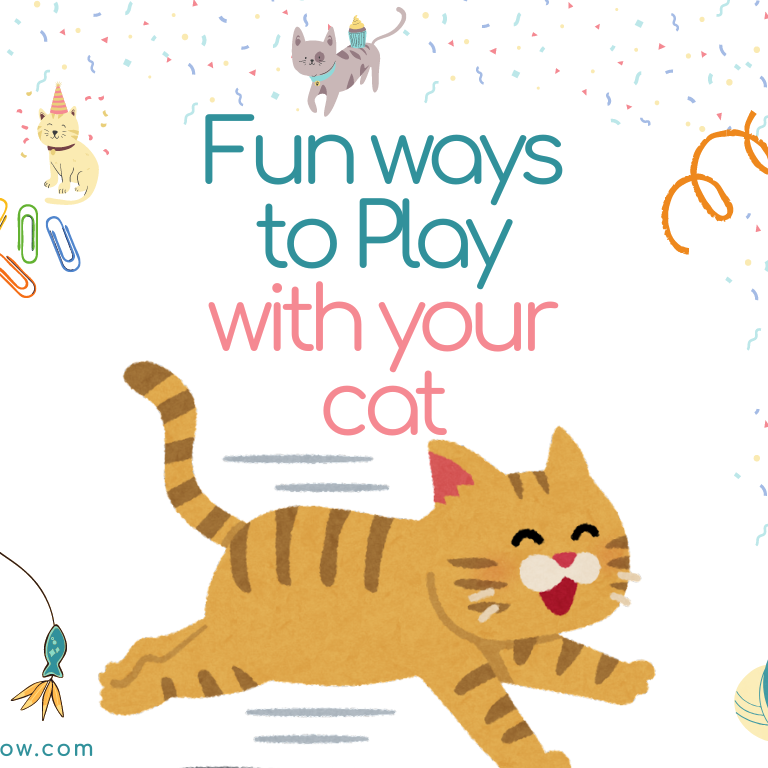Why Are Cats So Curious? Unveiling the Mystery Behind Feline Fascination
Cats have long been known for their curious nature. From investigating every nook and cranny of your home to chasing after the tiniest of insects, their inquisitiveness is both endearing and sometimes baffling. But what drives this behavior? Let’s dive into the reasons why cats are so curious, along with some fun facts that highlight their instinct to explore.
The Natural Instinct to Hunt
One of the primary reasons cats are so curious is rooted in their instinct to hunt. Cats are natural-born predators, and their curiosity helps them stay alert to potential prey. Even domesticated cats retain these instincts, which is why they may spend hours stalking a toy or investigating a moving shadow.
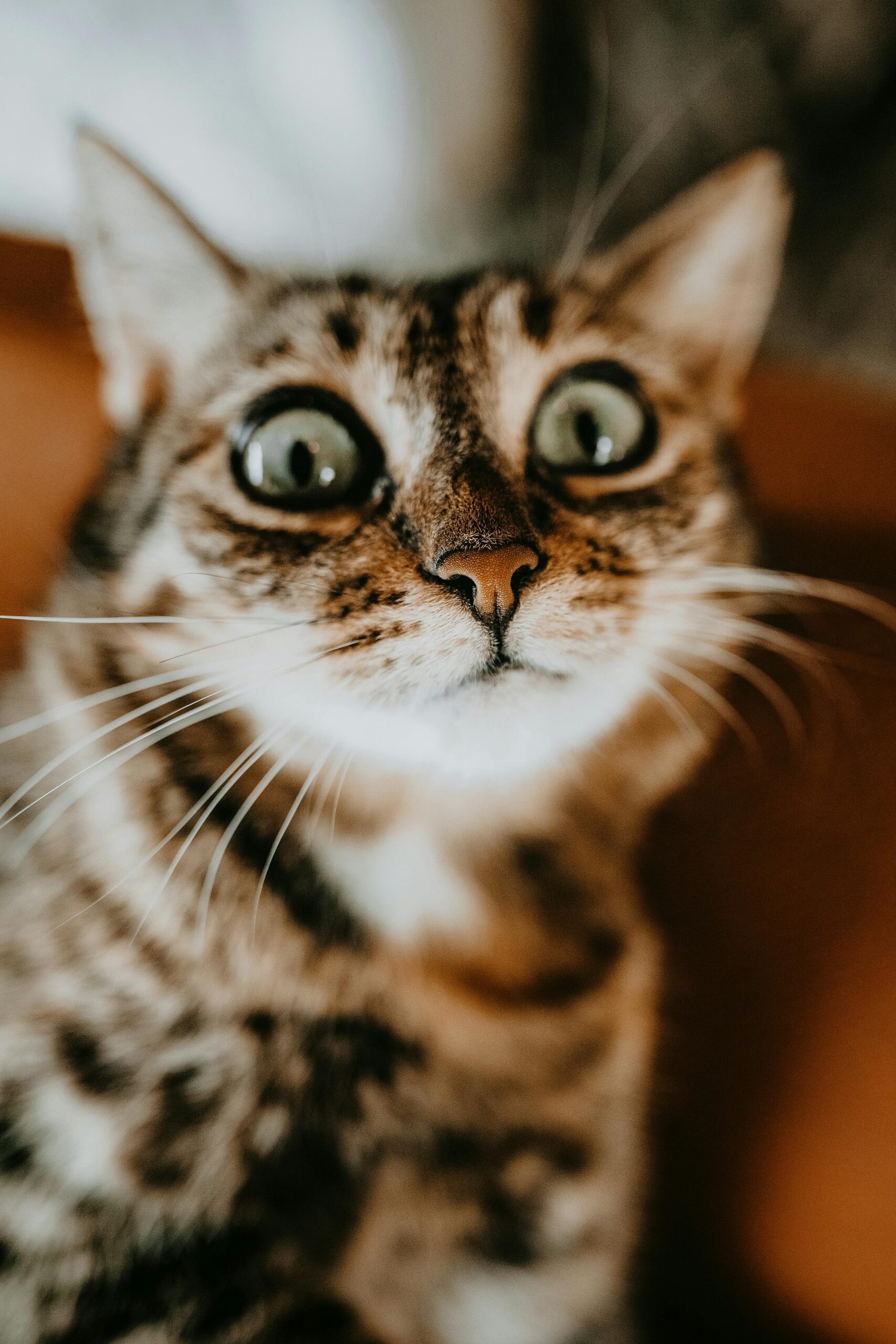
Cats Have Exceptional Senses
Cats possess an acute sense of smell, sight, and hearing, all of which contribute to their curiosity. They can detect things that are completely imperceptible to humans, such as faint scents or high-pitched sounds. This heightened awareness makes them naturally inquisitive about their environment.
The Need for Mental Stimulation
Just like humans, cats need mental stimulation to stay happy and healthy. Their curiosity drives them to explore and interact with their surroundings, keeping their minds sharp. Without enough stimulation, a cat may become bored or even exhibit signs of stress.
Providing toys, puzzles, and interactive playtime can satisfy a cat’s natural curiosity, making them feel more content in their environment. A playful cat is a happy cat, and their curiosity is key to keeping them engaged and mentally stimulated.
The Role of Cat Memory
Cat memory is another factor in their curious behavior. Cats have excellent long-term memory, which allows them to recall previous experiences and explore new situations with confidence. This memory also helps them learn from their surroundings and adapt to changes, making them more inquisitive over time.
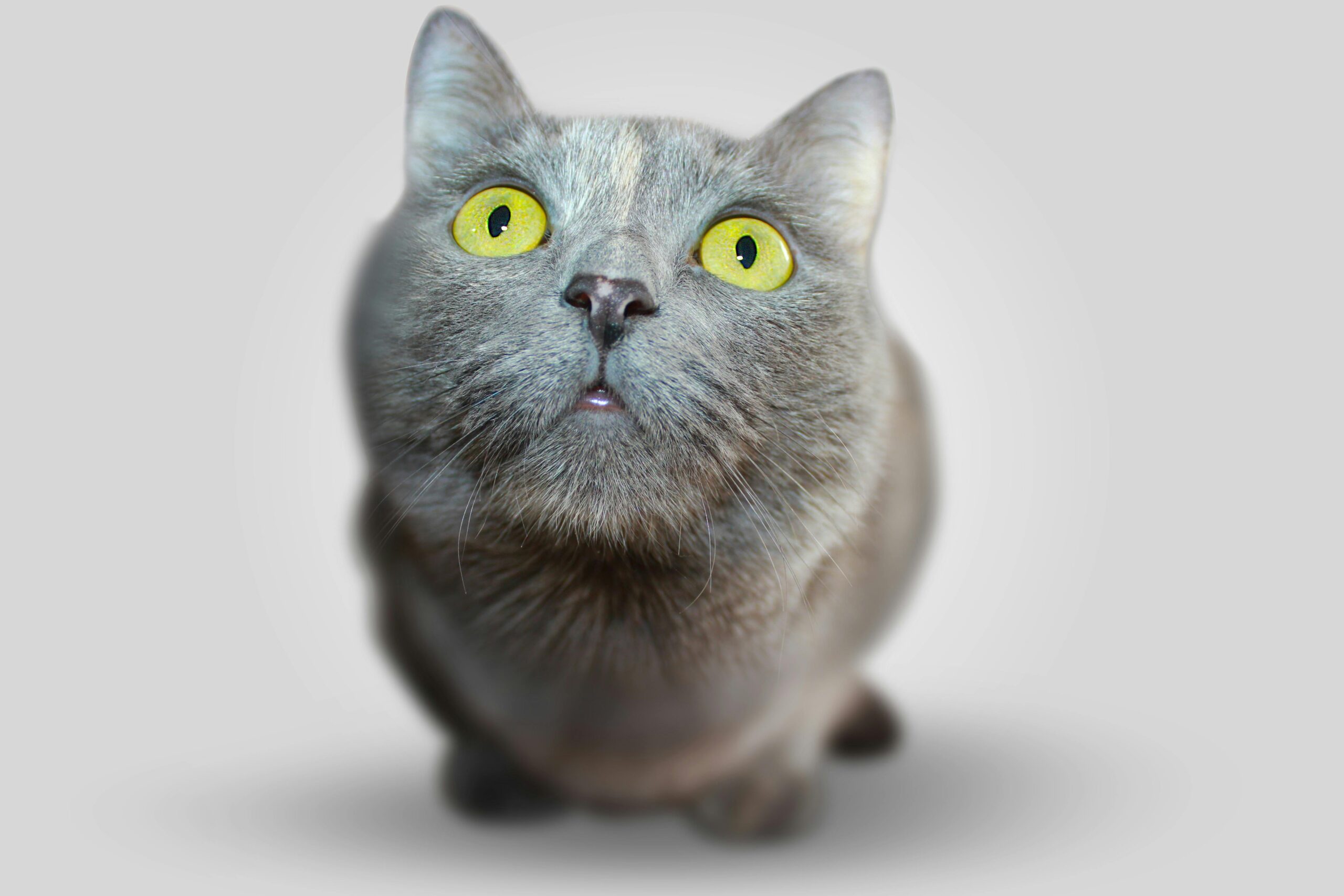
Curiosity as a Social Behavior
While cats are often seen as independent, they are also social creatures who use curiosity as a way to interact with their environment and the people in it. A cat might follow you around the house, poke its head into your bags, or investigate new visitors—all signs that they are trying to understand and connect with their world.
Curiosity and Play: The Perfect Pair
For many cats, curiosity and play go hand in hand. Their inquisitive nature drives them to explore, hunt, and engage in playful activities. This is why cats are often found chasing after small objects, investigating new toys, or pouncing on imaginary prey.
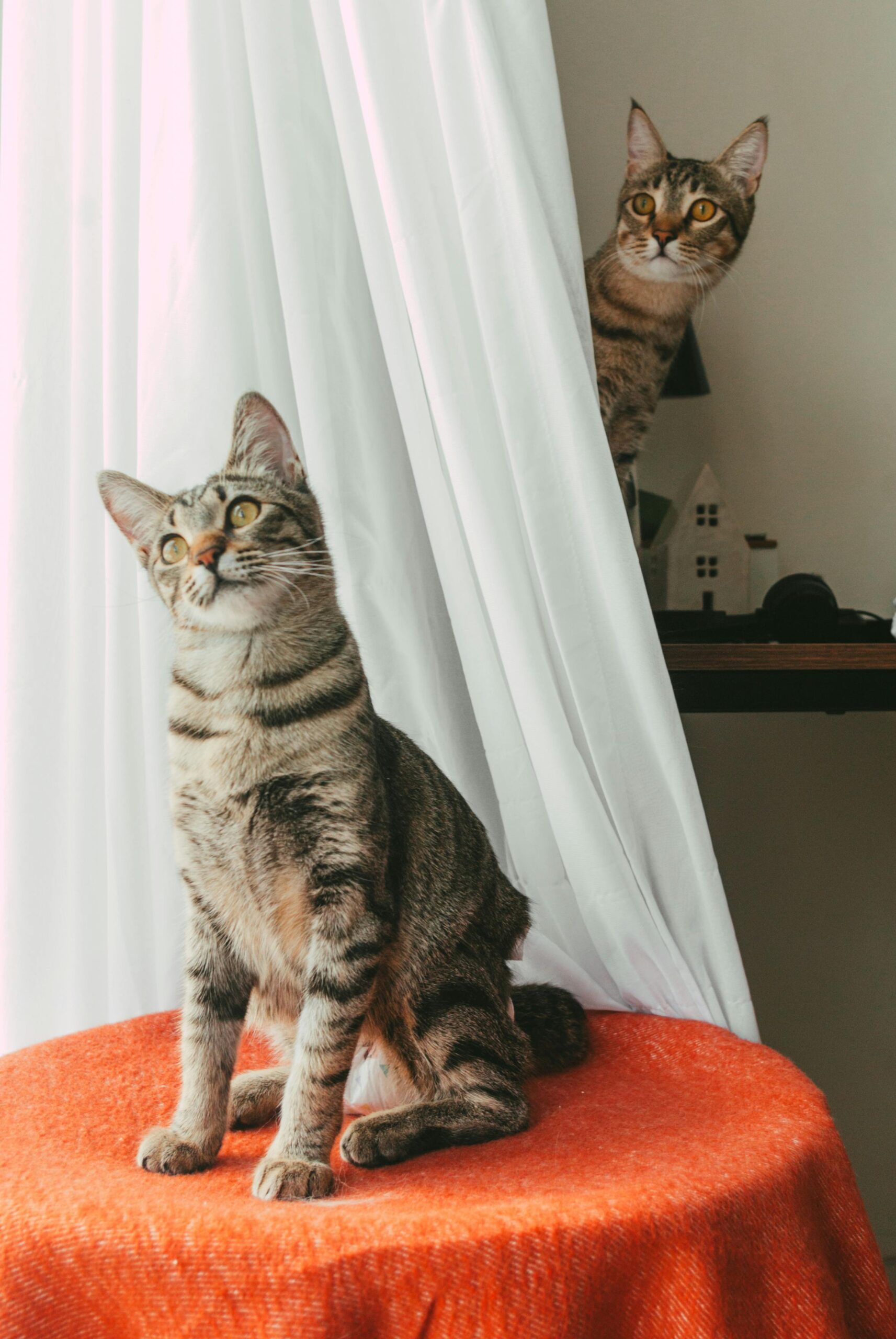
Conclusion
The next time you catch your cat investigating a new corner of your home or intently watching a bug, remember that their curiosity is a key part of what makes them such fascinating companions. Whether driven by their natural hunting instincts, their exceptional senses, or their need for mental stimulation, cats are endlessly curious creatures who bring a sense of wonder and excitement into our lives.
So, embrace your cat’s inquisitive nature—it’s a big part of what makes them such wonderful and intriguing pets. Whether they’re poking around with their fatty paws or getting into something bizarre, their curiosity is a testament to their lively and intelligent spirits.

